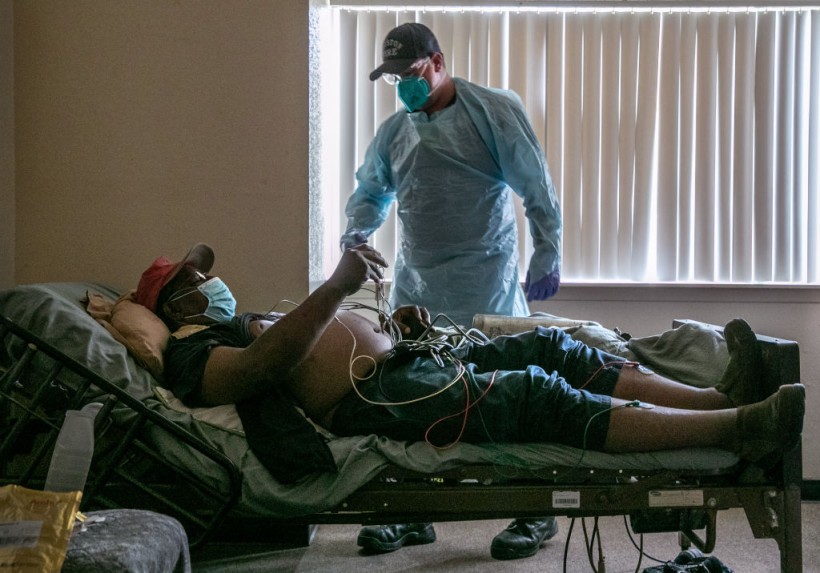Some COVID-19 Survivors Develop Autoantibodies That Attack Their Own Body

Some COVID-19 survivors' body's defense system has shifted into attacking itself rather than the virus, a new study suggests.
With this, some survivors of COVID-19 carry worrying signs that their immune system has been attacking the body. This could potentially result in diseases like lupus and rheumatoid arthritis, according to a New York Times report.
The patients are producing molecules called autoantibodies. These target genetic material from human cells instead of from the virus. The said immune response may cause severe COVID-19.
Aside from that, it may also cause some patients to have lingering health problems after getting well from COVID-19. The study's findings have important implications for the treatment such as using existing tests that can detect autoantibodies.
Doctors could identify patients that might benefit from treatments used for lupus and rheumatoid arthritis. However, there is no cure for these diseases. Some treatments decrease the frequency and severity of cases.
Matthew Woodruff, an immunologist at Emory University in Atlanta and lead author of the work, said that it is possible that doctors could hit the proper patients with some of the aggressive drugs and expect better results.
The results were posted on Friday on the preprint server MedRxiv, according to Yahoo News.
It has not yet been published in a scientific journal, but other experts said that the researchers are known for their careful and meticulous work. Other experts added that the findings are not unexpected as other viral illnesses also trigger autoantibodies.
Akiko Iwasaki, an immunologist at Yale University, said she was not surprised about the findings, adding that it is really interesting to see that it is really happening.
"It's possible that even moderate to mild disease may induce this kind of antibody response," Iwasaki was quoted in a report.
Severe COVID-19 Cases
A new study that looked at 52 patients within the health care system in Atlanta. The patients included in the study were classified as having either severe or critical COVID-19.
However, these patients had no record of any autoimmune disorders. The researchers found autoantibodies that recognize DNA in about half of the patients.
The researchers also discovered a rheumatoid factor, which is a protein the contribute to blood clotting. Over 70 percent had autoantibodies against one of the targets tested. This was among the top half of the most seriously ill patients.
Ann Marshak-Rothstein, an immunologist and lupus expert at the University of Massachusetts, Worcester, said that some of the autoantibodies the researchers found are linked with blood flow problems.
Marshak-Rothstein said that it may be possible that some issues seen in COVID-19 patients are being driven by these immune complexes.
She added that if the autoantibodies do turn out to be long-term, they may result in even persistent and long-lasting problems for COVID-19 survivors.
"You never really cure lupus - they have flares, and they get better and they have flares again," she explained.
She added that this may have something to do with autoantibody memory. Experts are still closely studying the immune response to the coronavirus.
Check these out!
Subscribe to Latin Post!
Sign up for our free newsletter for the Latest coverage!














